- Home
- SUSTAINABILITY
- Sustainability 3
Sustainability 3
Our aim is to build a resilient supply chain that helps our communities adapt to climate change, supports our business operations, and supports the profitability of our business.
Sustainability from Seed to Glass
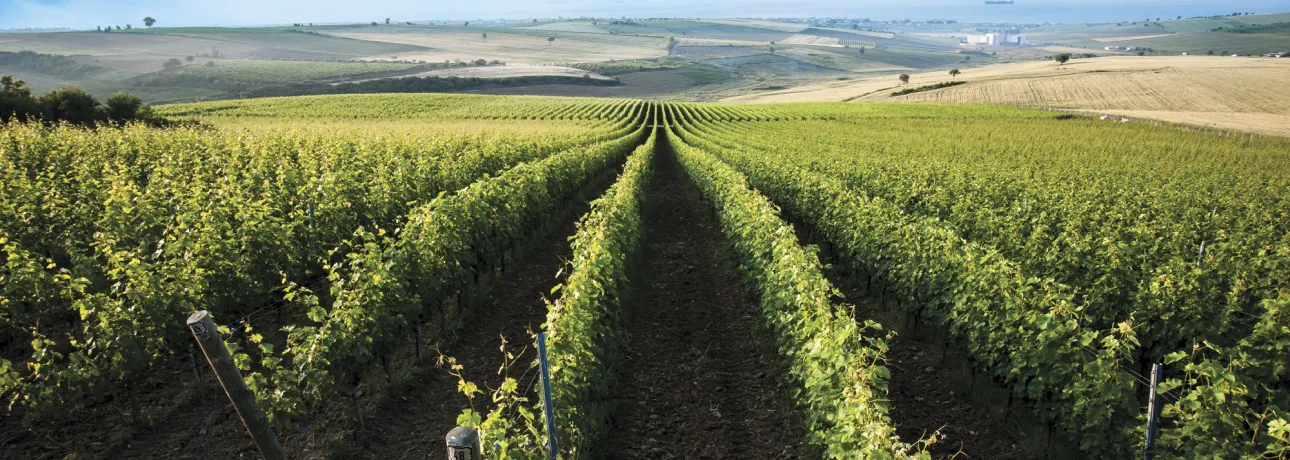
Leading Sustainability from Seed to Glass
Our aim is to build a resilient supply chain that helps our communities adapt to climate change, ensures the sustainability of our operations, and supports the profitability of our business. Accordingly, we prioritize water management and accelerate our transition to a low-carbon future to address our most significant risks while seizing the greatest opportunities.
Conserving Water for Life
The understanding of sustainability from seed to glass is an integral part of our business strategy. Our long-term success depends on both people and the planet. We are responsible for ensuring that our business contributes to the well-being of our employees, suppliers, the communities where we operate, our customers, consumers, and society in general.
How Do We Lead Sustainability from Seed to Glass?
Sustainability within our entire value chain lies at the core of our action plan for the Spirit of Progress. Our company relies on natural resources throughout its entire production process and is directly impacted by the challenges posed by climate change. Therefore, ensuring environmental sustainability plays a crucial role not only in the future of our business but also in the well-being of the communities around us and the planet. Our action plan is guided by two key drivers: Water and Carbon
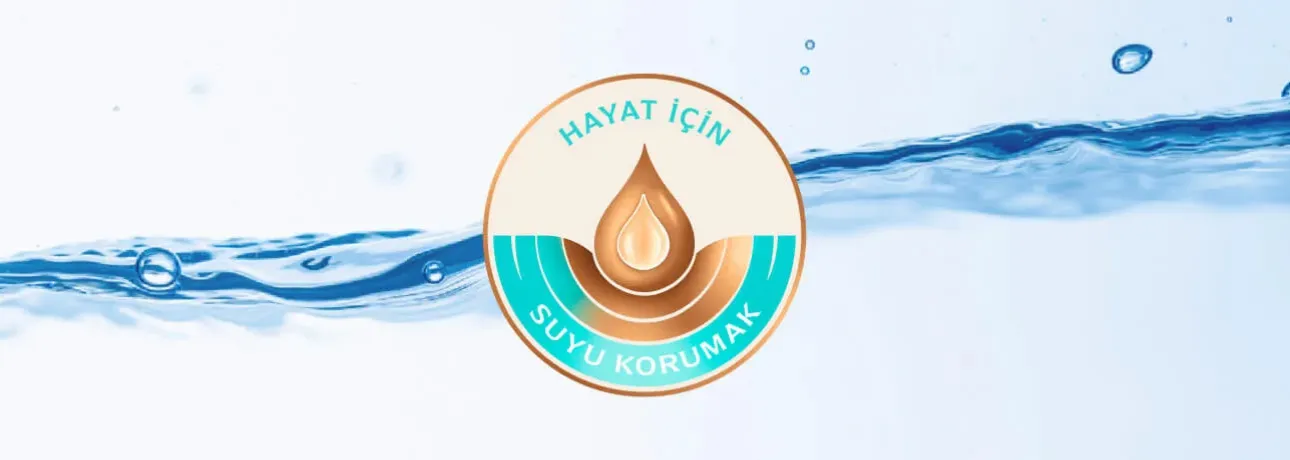
Water
Water is the fundamental constituent of our products. Water is also a precious, shared resource that is under increasing pressure worldwide due to the effects of climate change and growing demands on freshwater supplies.
Our strategy is built on best practices in water management across four key areas: Our operations, supply chain, communities and advocacy.
Our aim is to implement best practices in water stewardship across our operations. Since 2020, we have increased water efficiency in water-stressed regions by 21%, and we aim to reduce it by up to 40% by 2030. Our aim is to enhance water efficiency across the company by 15% and decrease water usage by 30% by 2030. By 2026, we aim to recycle more water than we consume in all operations located in water-stressed regions.
Water In The Supply Chain
Considering the close connection between water, climate, and sustainable agriculture, we will continue to focus on influencing and improving indirect water use within our agricultural supply chains. We aim to map our water usage and incorporate water and nature priorities into our sustainable agriculture programs, particularly for small-scale farmers. In this way, our supply chain will become more resilient, and we will support vulnerable communities and ecosystems, particularly in water-stressed regions.
What Actions Are We Taking For Water?
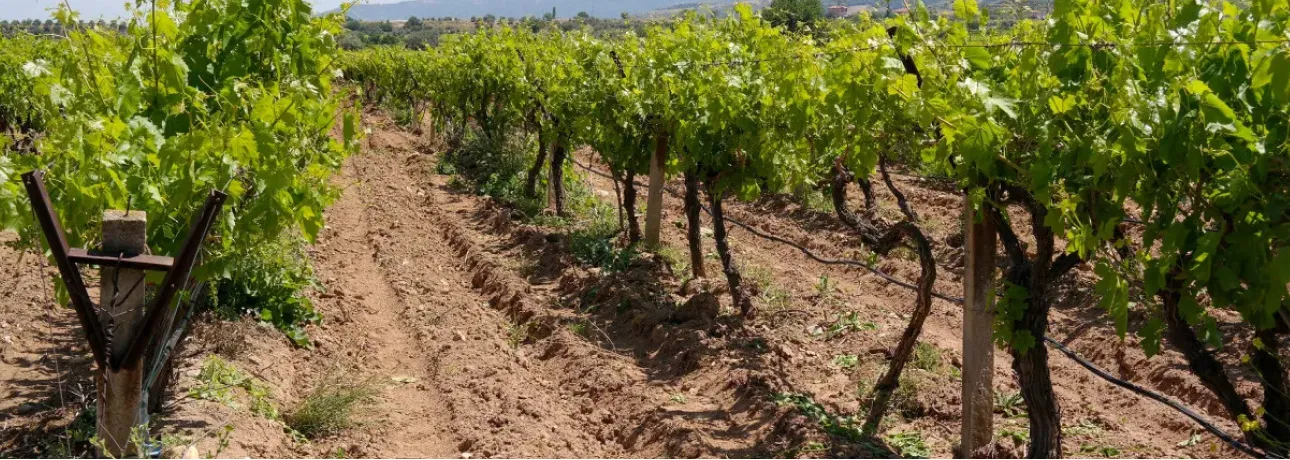
Sahyar Project
We launched a drip irrigation project covering 60 hectares of land in the Sahyar region of Alasehir, where grape growers had been forced to suspend their activities due to drought and insufficient infrastructure. Thanks to the new piping system of drip irrigation, we helped local farmers, who had limited access to essential means, in switching from traditional flood irrigation to a more efficient method of drip irrigation. This was expected to save approximately 50% of the water used, and the total water recovery was 138,700 m³ during the fiscal period from 2022 to 2024.
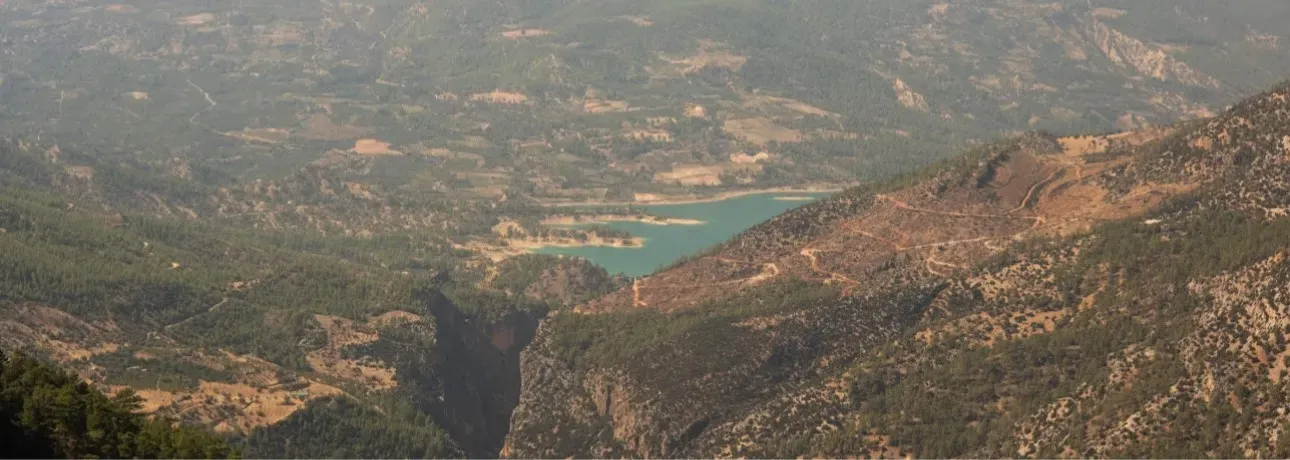
Gulnar - Kuskan Water Transfer Project
We are launching a new project aimed at restoring the fertility of the Gulnar-Kuskan region, which spans approximately 600 hectares of fertile land, but where agricultural irrigation is currently impossible due to the impacts of climate change and geopolitical factors, by making more efficient use of the existing water resources. Due to the current conditions in the region, around 3,000 of the 5,000 inhabitants of the Kuskan region, mostly from the younger generation, have left their homes and the area seeking new livelihoods.
Thanks to this project, we will ensure the sustainable transfer of water from the Karasu River, the primary water source situated at an altitude of 275 meters, to a main reservoir with a capacity of 50,000 m³, located at an altitude of 1,000 meters, by utilizing solar panels, high-capacity pumps, over 3,000 meters of piping, and two intermediate pools.
Consequently, in FY 2025, we plan to recover approximately 100,000 m³ of water by improving water efficiency, storing unused rainwater, and ensuring the effective utilization of water resources. Additionally, we are going to build drip irrigation infrastructure across an area of around 16 hectares in FY2025, with the intention of gradual expansion. In addition to its water-related benefits, the project will have a significant social impact by creating new lines of business for young people returning to the region to manage their family’s land and rebuild their futures, while also increasing the incomes of local farmers.
Finally, in line with our Ecosystem 2030 Goals, the Gulnar-Kuskan Water Transfer Project will foster a multi-stakeholder collaborative environment for the well-being and sustainability of our ecosystem, while also contributing to the development of strong relationships with local authorities and the region in general.
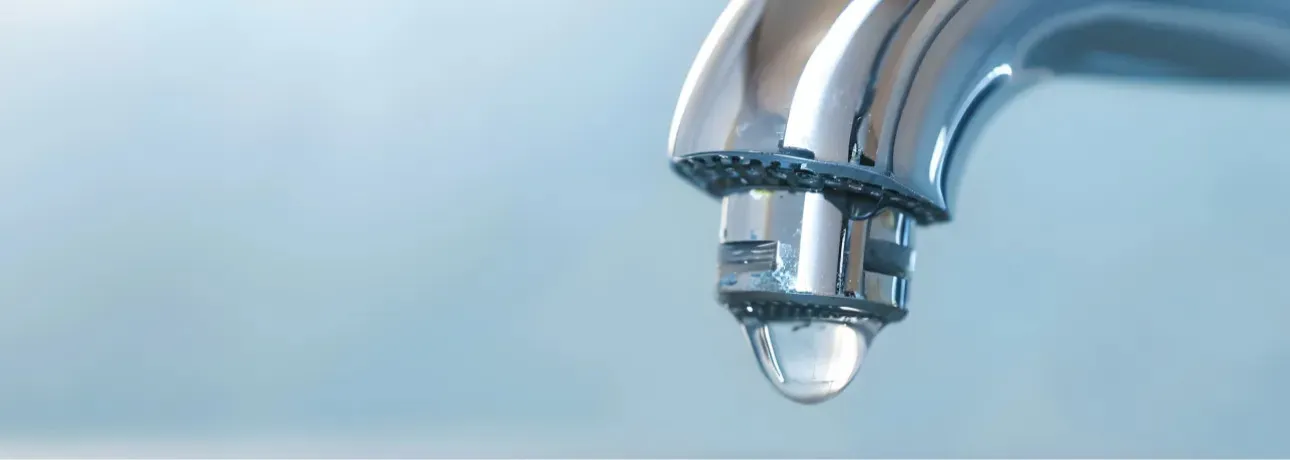
Tap Aerator Project
In full collaboration with local public institutions, we installed over 8,000 tap aerators in Acipayam, Tasel, Mersin, and Nevsehir. The aerators were fitted on the taps in targeted premises, such as schools, dormitories, hospitals, public institutions, and hotels, which were found to have high water consumption. With the installation of the aerators, a reduction of 85% was aimed in water usage in these premises, resulting in a total water recovery of 151,416 m³ during the fiscal period from 2022 to 2024. In FY 2025, we plan to install 700 tap aerators in strategic locations in the Sarkoy region for increased water efficiency and metered consumption.

Carbon
We are making efforts toward a low-carbon future by adopting a science-based approach to reduce carbon emissions. Our net-zero carbon emission targets reflect our commitment to minimizing our impact on climate change.
Within our supply chain, we adopt a clear strategy related with the ways to reduce carbon emissions that we can control, and solutions that require collaboration with others.
Our Net Zero Roadmap
We support the Paris Agreement and are to be a signatory of the Business Ambition to limit global warming to 1.5°C above pre-industrial levels. Our approach is built on innovative solutions designed to drive the changes necessary to create and develop the low-carbon solutions of the future.
How will we achieve net 0?
Emissions From Our Direct Operations
We will further invest in efforts to achieve a 100% reduction in emissions from our direct operations (Scope 1 & 2) by 2030.
It is important to optimize our energy consumption and transition to 100% renewable energy to achieve net zero carbon. In pursuit of this goal, we will incorporate energy efficiency into our operations, switch to 100% renewable energy, and contribute our surplus energy to the local grid. Additionally, we will replace our vehicles with renewable and low-emission alternatives.
Tedarik Within Our Supply Chain
We are committed to decarbonizing our value chain, and we concentrate on the areas where we can make the most significant impact. Collaborating with industry groups, business partners, and NGOs is essential to addressing scope 3 emissions. In this respect, we assess opportunities to make our packaging and agricultural raw materials more sustainable while exploring partnerships aimed at reducing carbon emissions.
In collaboration with our suppliers, we strive to minimize the environmental impact of packaging and promote the sustainable production of our raw materials.

Our Goals For The Spirit of Progress
- To achieve net zero carbon in our direct operations (Scope 1 and 2)
- To reduce carbon emissions within our value chain (Scope 3) by 50% and achieve net zero carbon by 2050 or earlier
- To use 100% renewable energy across all our direct operations